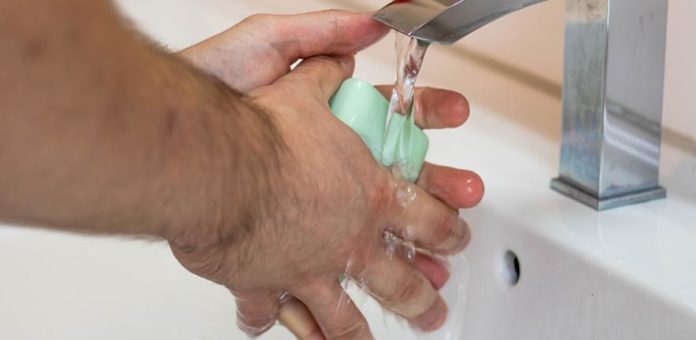Obsessive-compulsive disorder is a type of mental illness. People with OCD can have either obsessive thoughts and urges or compulsive, repetitive behaviors. This repetitive and compulsive behavior is associated with cognitive rigidity or impairment in cognitive flexibility.
One promising treatment for this involves Exposure and Response Prevention (ERP), that refers to exposing yourself to the thoughts, images, objects, and situations that make you anxious and/or start your obsessions. It also involves instructing OCD patients to touch contaminated surfaces, such as a toilet, but to refrain from then washing their hands. OCD is also treated with medicines known as selective serotonin reuptake inhibitors, or SSRIs, such as Prozac. But as many as 40% of OCD patients fail to respond to treatment.
Here, Deep Brain Stimulation comes that acts as an emerging treatment for severe OCD when all other treatments fail.
In a new collaborative study by University College London and the University of Cambridge, together with several other UK-based centers, scientists directly compared effects at two different brain locations – the subthalamic nucleus (STN) and ventral capsule (VC) – in six patients with treatment-resistant OCD.
Both sites of the brain had previously been identified as being important in OCD, but it had been unclear whether they were simply parts of the same brain network and if they worked on the same type of symptoms. So, in this study, scientists show that both sites were remarkably effective in reducing OCD symptoms, but on different aspects: VC stimulation improved mood, while STN stimulation improved cognitive flexibility.
The outcomes suggest that DBS at these two sites works on different brain circuits, one involving the medial prefrontal cortex and the other the lateral prefrontal cortex. This was also confirmed using brain imaging.
In addition, scientists accessed assessed OCD symptoms and mood using standardized scales. Cognitive flexibility was assessed with the CANTAB IED test, that shows cognitive flexibility is a major deficit in patients with OCD and is related to the lateral prefrontal cortex. The new research shows that OCD is also linked to medial prefrontal cortex abnormality.
Lead author Professor Eileen Joyce from the UCL Queen Square Institute of Neurology says: “This is the first study to compare directly the effects of deep brain stimulation at two brain sites and has discovered important information about how the brain changes in severe OCD responsible for obsessions and compulsions, depressed mood and cognitive inflexibility might be alleviated.”
Professor Trevor Robbins from the University of Cambridge said, “To our knowledge, this is the first study with two sites which demonstrates that one site improves mood, while the other site improves cognitive flexibility, and that both sites reduce OCD symptoms.”
Professor Barbara Sahakian, also from University of Cambridge said, “While DBS is only used when medication and specific psychological treatments have been tried and failed, for some patients it may provide them with the opportunity to regain well-being and quality of life.”
One of the trial participants was first diagnosed at the age of 26 years with OCD but had symptoms since the age of seven. Prior to the trial, the participant had been ‘profoundly debilitated’ by OCD for 10 years and had been living continuously in psychiatric units for 6 years, receiving treatment from numerous specialist OCD services and specialists.
Following surgery, the patient said: “I didn’t feel anything for a few days but then… I felt inexplicably excited and happy with the great sense of looking forward to life. I recognized the feeling from 20 years before when I had been completely well.”
“The surgery has transformed my life. I am living completely independently and doing volunteer work.”
The work is reported in the journal Biological Psychiatry.
